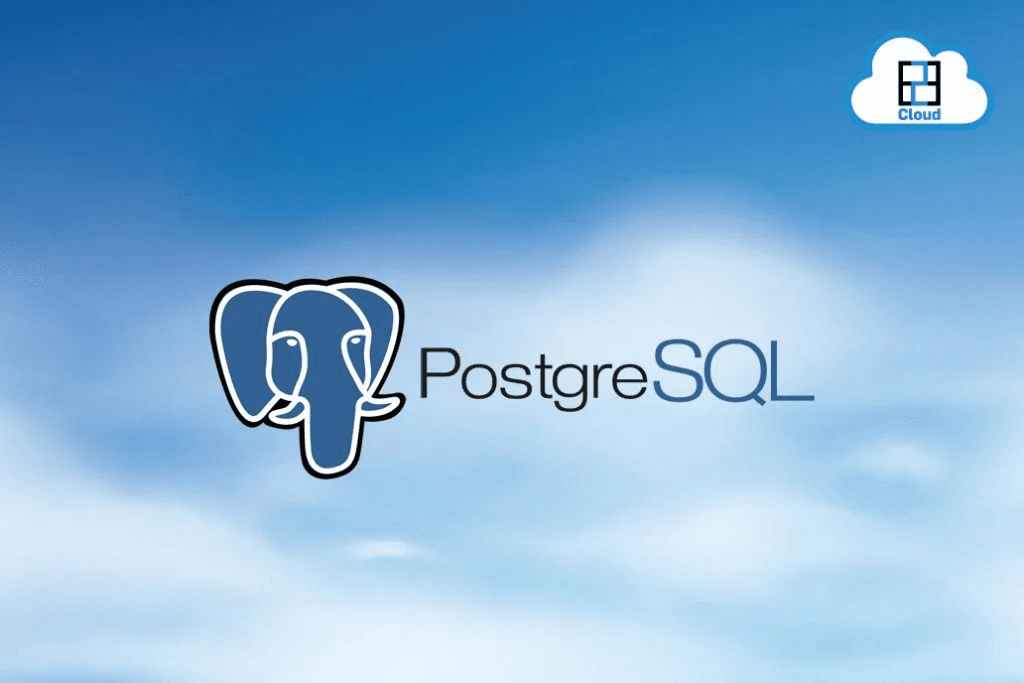Today everyone is looking for potential opportunities to cut costs, and the concept of open-source performance testing tools becomes appealing to developers. Performance testing tools are employed to determine the speed, effectiveness, reliability, and scalability of a system, network, program, or computer.
Here is a list of the top 7 open-source performance testing tools:
1. Locust
Locust is a user-friendly and distributed user load testing tool that helps capture the response times. Locust is used to helping test the performance of websites and other applications. It can help us determine the number of users a system can handle simultaneously. To test the website performance, locust generates load like pointing a swarm of locusts to put a load on your website.
The user also has the flexibility to define each Locust instance's behavior and gives the user the ability to monitor the storming process from the web application in real-time. It allows the users to test scenarios directly using python.
2. Tsung
Tsung is a multi-protocol, open-source testing tool that has an HTTP recorder. It allows the developer to monitor the client network traffic, CPU, and memory. The performance test report of Tsung consists of HTML reports and graphs.
3. Fiddler with BlackWidow and Watcher
Fiddler gives the user versatile options and can be described as a packet capture tool. It is a free, open-source tool that allows users to monitor and manipulate HTTP requests. Fiddler also enables the user to debug the website issues with one of its extensions. We can also use Fiddler for troubleshooting problems in web applications, performance evaluations, security testing, and debugging web traffic.
It is also recommended to use Fiddler with Watcher and BlackWidow. Watcher helps to get security results quicker. And BlackWidow is a web crawler that allows the developers to point towards a web address and then drill down on results. For the developers who are starting that journey in performance engineering, these three tools can give them a free look and feel to performance testing and also get results quickly.
4. Gatling
Gatling is a stress tool that is built on Akka, Scala, and Netty. It allows the user to test and measure the end-to-end performance of an application. It is easy to extend and it is very much suitable for people who are already into Scala. It also has a scenario recorder.
5. Siege
Siege is an open-source regression test and benchmark tool and is used for command-line HTTP load testing. It helps developers test their code under stress. Siege supports basic authentication, HTTPS, FTP protocols, HTTP, and cookies. Siege is a simple and excellent brute force type testing tool. It can evaluate the amount of data that is transferred, transaction rate, concurrency, the response time of the server, and more.
6. Taurus
The best part of Taurus is that it allows developers to write their tests in YAML. With Taurus, a developer can write a full-blown script in just ten lines of text. Taurus gives the team the ability to describe their test in a YAML or JSON file. Taurus is an excellent development as it avoids the need for big heavy vendor-specific records and scripting tools.
Taurus also allows more team members to contribute to the performance testing as the test cases are written in YAML, which is more readable and simpler to perform code reviews. It fits performance testing into the CI/CD pipeline very efficiently. It also provides a kind of abstraction layer on the top of JMeter and other tools like Locust, Gatling, Grinder, and Selenium.
7. Artillery
Artillery is a highly powerful, simple, and modern performance testing tool. It allows the developer to ship scalable applications and keep performance peak and resilient even under high load. It is designed to test backend systems, including chat systems, API services, databases, game backends, e-commerce backends, message brokers, and any other thing that can communicate over a network. We can use Artillery to test any kind of backend, no matter what protocol it has or what language the backend is written in. It supports many protocols, and we can add any additional protocols via its plugin interface.
Know more about E2E Cloud - https://bit.ly/3eaePdo
Contact no - 9599620390
Email - raju.kumar1@e2enetworks.com









